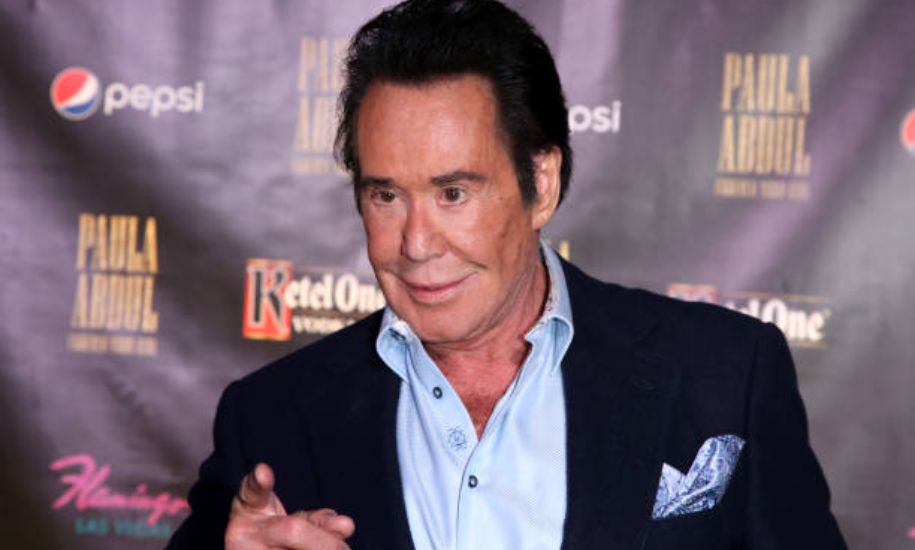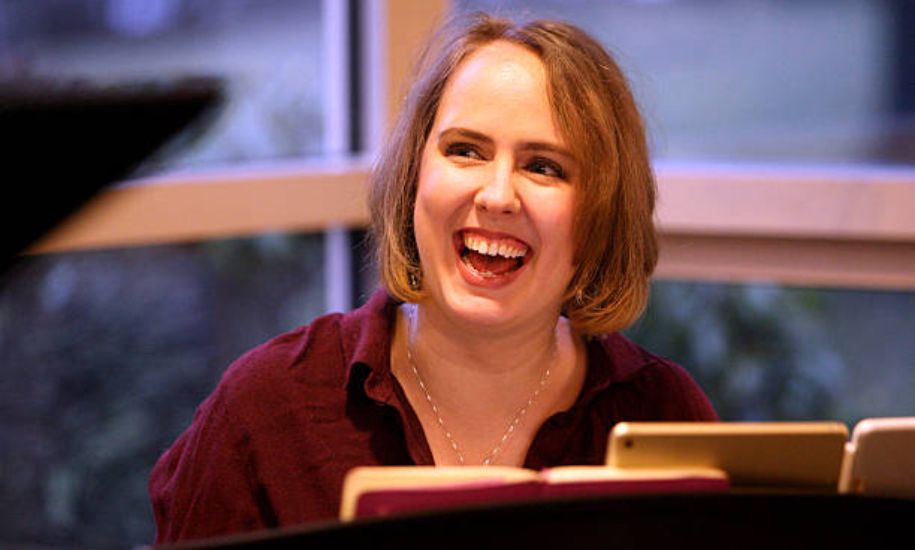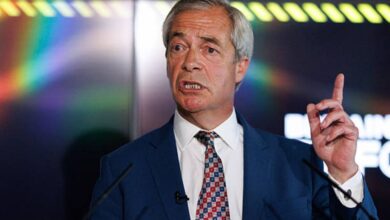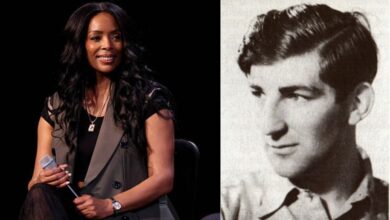Elaine Okamura: The Untold Story of Wayne Newton’s First Wife

In the vibrant history of Las Vegas entertainment, Wayne Newton—nicknamed “Mr. Las Vegas”—remains one of the city’s most enduring stars. But behind the bright lights and applause lies the story of a woman who once stood by his side—Elaine Okamura. While her name may not echo in showrooms, her role in Newton’s life was significant during his rise to fame.
From her Hawaiian roots to her years as a flight attendant, from her marriage to Wayne Newton (1968–1985) to her role as mother to their daughter Erin Newton, Elaine’s life is a blend of quiet grace, dedication, and a commitment to privacy. In this article, we dive deep into who Elaine Okamura is, her age, the Elaine Okamura Ford connection, her relationship with Erin Newton, her years as Wayne Newton’s spouse, and what is known about her net worth today.
Early Life and Background
Elaine Okamura was born in Honolulu, Hawaii, around 1944, placing her in her early 80s today. Growing up in the mid-20th century Hawaii meant being surrounded by a mix of Pacific Islander culture and a strong Japanese-American community. This multicultural upbringing likely shaped her poise and quiet elegance—traits that would later make her a memorable figure in Las Vegas society.
She attended Kaimuki High School, a respected public school in Honolulu. After graduation, Elaine pursued a career as a flight attendant, a prestigious profession during the golden age of air travel. In the 1960s, being a stewardess (as it was then called) was considered glamorous, offering opportunities to travel widely and meet people from various walks of life.
Meeting Wayne Newton

Elaine’s life took a turn when she met Wayne Newton, who was quickly becoming one of the most recognizable faces in entertainment. Newton’s career was on a steady climb during the late 1960s, bolstered by hit songs like “Danke Schoen” and “Red Roses for a Blue Lady.”
Their romance blossomed quickly. On Christmas Day, 1967, Wayne proposed to Elaine, and the couple began planning a Las Vegas wedding that would blend showbiz sparkle with personal intimacy.
The Wedding
On June 1, 1968, Wayne and Elaine exchanged vows at the Little Church of the West in Las Vegas—a chapel famous for celebrity weddings. The reception was held at the Flamingo Hotel, attended by around 75 guests. Elaine was 23 years old, Wayne was 26, and both were poised to start their married life amid the glamour and demands of the entertainment industry.
Elaine’s refined presence was often noted in public appearances, and she became a familiar face at Wayne’s performances and industry events. However, unlike many celebrity spouses, she avoided the limelight as much as possible.
Married Life in the Spotlight
Marrying a rising star like Wayne Newton came with both privileges and pressures. The couple’s life was split between Wayne’s performance schedule in Las Vegas and travel for tours and business commitments.
Elaine became known for her support of Wayne’s career, often appearing at events but always maintaining a composed, understated demeanor. She was never one to chase celebrity for its own sake, which contributed to her enduring aura of dignity.
Elaine Okamura Ford – The Name Connection
Some sources reference “Elaine Okamura Ford”, which has caused confusion among those researching her. While public records occasionally include variations of her name, there is no verified evidence that she remarried or legally adopted “Ford” as her surname after her divorce from Wayne Newton.
The “Ford” connection may stem from erroneous reporting or unverified assumptions in certain online directories. As far as credible accounts indicate, Elaine remained Elaine Okamura both during and after her marriage.
Motherhood – Daughter Erin Newton

In 1976, Elaine and Wayne expanded their family by adopting their daughter Erin Newton, born July 25, 1976. Erin grew up largely shielded from the media spotlight, a testament to Elaine’s protective nature as a mother.
Elaine’s life after 1976 revolved heavily around raising Erin while balancing the demands of Wayne’s high-profile career. By all accounts, she prioritized family stability over public appearances.
When Elaine and Wayne divorced in 1985, Erin was about 9 years old. Elaine took on the primary role of raising her daughter, further retreating from any public exposure. Today, Erin Newton remains a relatively private individual, with minimal media presence.
Divorce and Life After Wayne Newton
After 17 years of marriage, Elaine and Wayne Newton divorced in 1985. While neither party has publicly detailed the reasons for their separation, it is believed that the strains of Wayne’s career, constant travel, and the demands of public life played a part.
Following the divorce, Elaine chose a life of complete privacy. She did not remarry, did not pursue any public-facing career, and avoided interviews or media appearances. Her life since then has been almost entirely out of the public eye—a rare feat for someone once connected to one of Las Vegas’s most famous entertainers.
Elaine Okamura’s Age
As of 2025, Elaine Okamura is estimated to be 80–81 years old, based on her birth year of 1944. Her graceful aging out of the public eye has added to her mystique—there are few, if any, recent photographs of her, and she has never sought to revive her public presence.
Elaine Okamura’s Net Worth
Elaine’s net worth is not officially documented. Some speculative reports suggest a range from $500,000 to $5 million, but these figures are unverified and likely based on her divorce settlement and assets accumulated during her marriage.
In contrast, Wayne Newton’s net worth has been widely reported around $50 million, largely from his decades-long entertainment career. Elaine’s financial life after the divorce appears to have been comfortable but deliberately low-profile.
The Quiet Legacy of Elaine Okamura
Elaine’s story stands out precisely because she resisted the lure of fame. Many celebrity spouses choose to leverage their public connection for personal gain—through media, endorsements, or careers in entertainment. Elaine did none of these.
Instead, she chose a path of privacy, focusing on her daughter, her personal life, and maintaining dignity away from gossip columns. Even decades after her divorce, there is remarkably little public information about her—an achievement in itself given the media culture of the late 20th and early 21st centuries.
Wayne Newton’s Life After Elaine
After his divorce from Elaine, Wayne Newton went on to remarry in 1994 to Kathleen McCrone, a lawyer from North Olmsted, Ohio. He continues to perform in Las Vegas and remains a fixture of American entertainment.
Though their marriage ended, Wayne has never publicly spoken negatively about Elaine, and their shared role as parents to Erin Newton is one of the few enduring public facts about their relationship.
Conclusion
In a world where celebrity relationships are dissected endlessly, Elaine Okamura remains a figure of mystery and respect. She was Wayne Newton’s first wife, the mother of his daughter Erin, and a woman whose life bridged the glamour of 1960s Las Vegas with the enduring privacy of post-divorce years.
Her story is one of graceful retreat—from the spotlight into a quiet, dignified life. While the public may never know every detail about her, what is clear is that Elaine represents a kind of resilience and self-respect rarely seen in the entertainment world.
For those seeking the answer to “Who is Elaine Okamura?”, she is a woman who lived in the glare of showbiz but chose the peace of a private life—an inspiring reminder that true worth isn’t always measured in fame or fortune.
Written for True Biographies – where real stories come alive.



